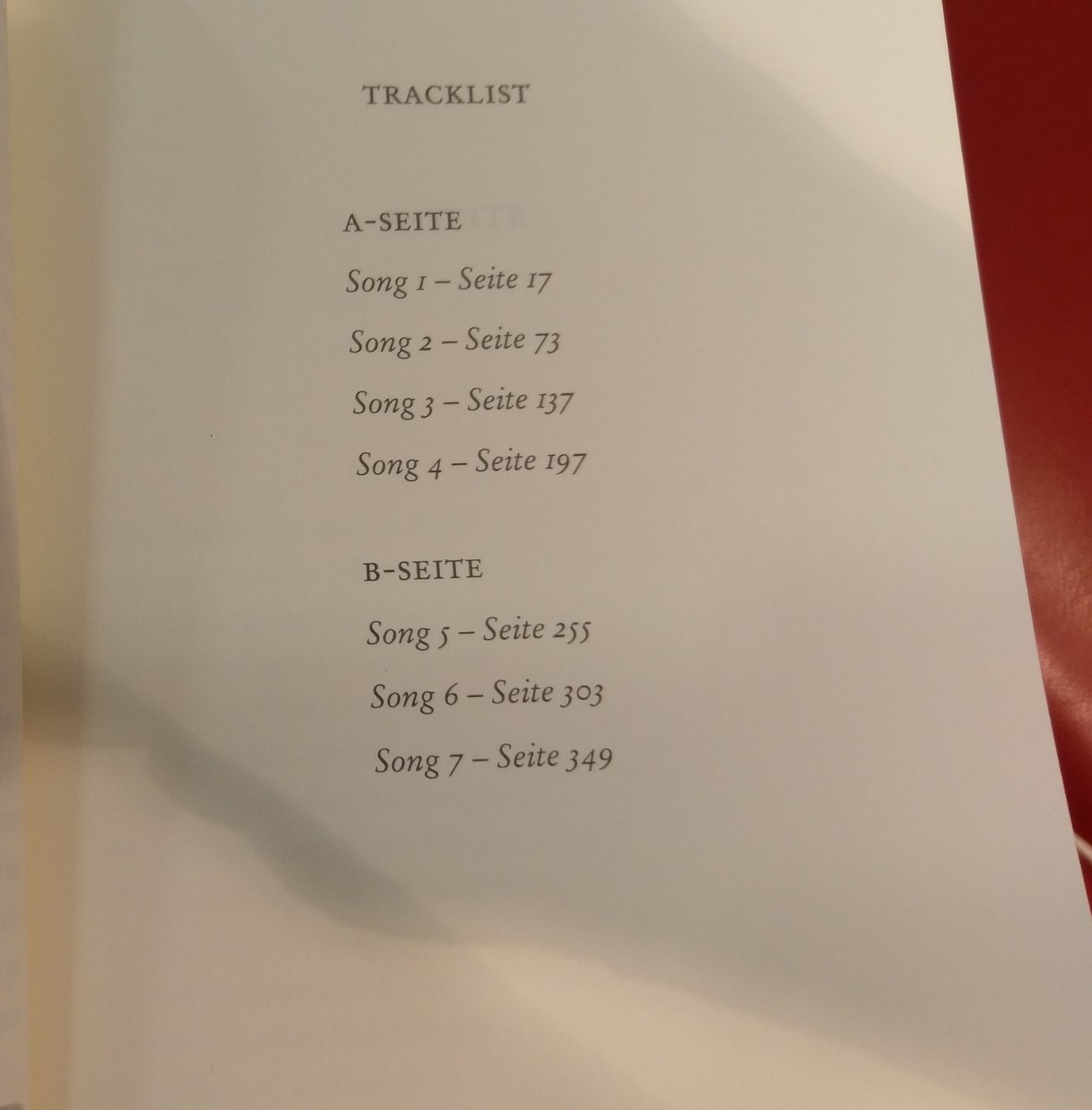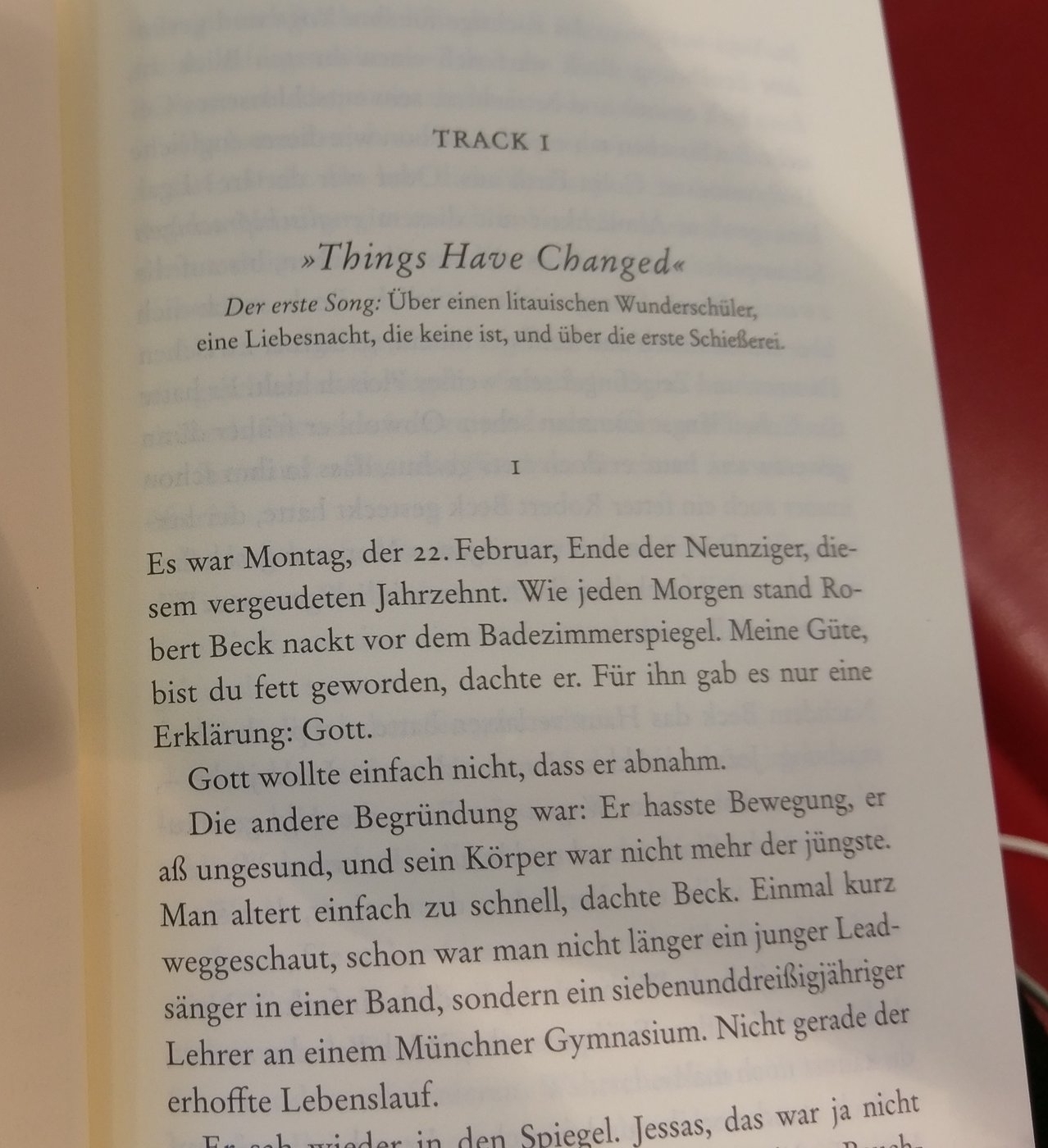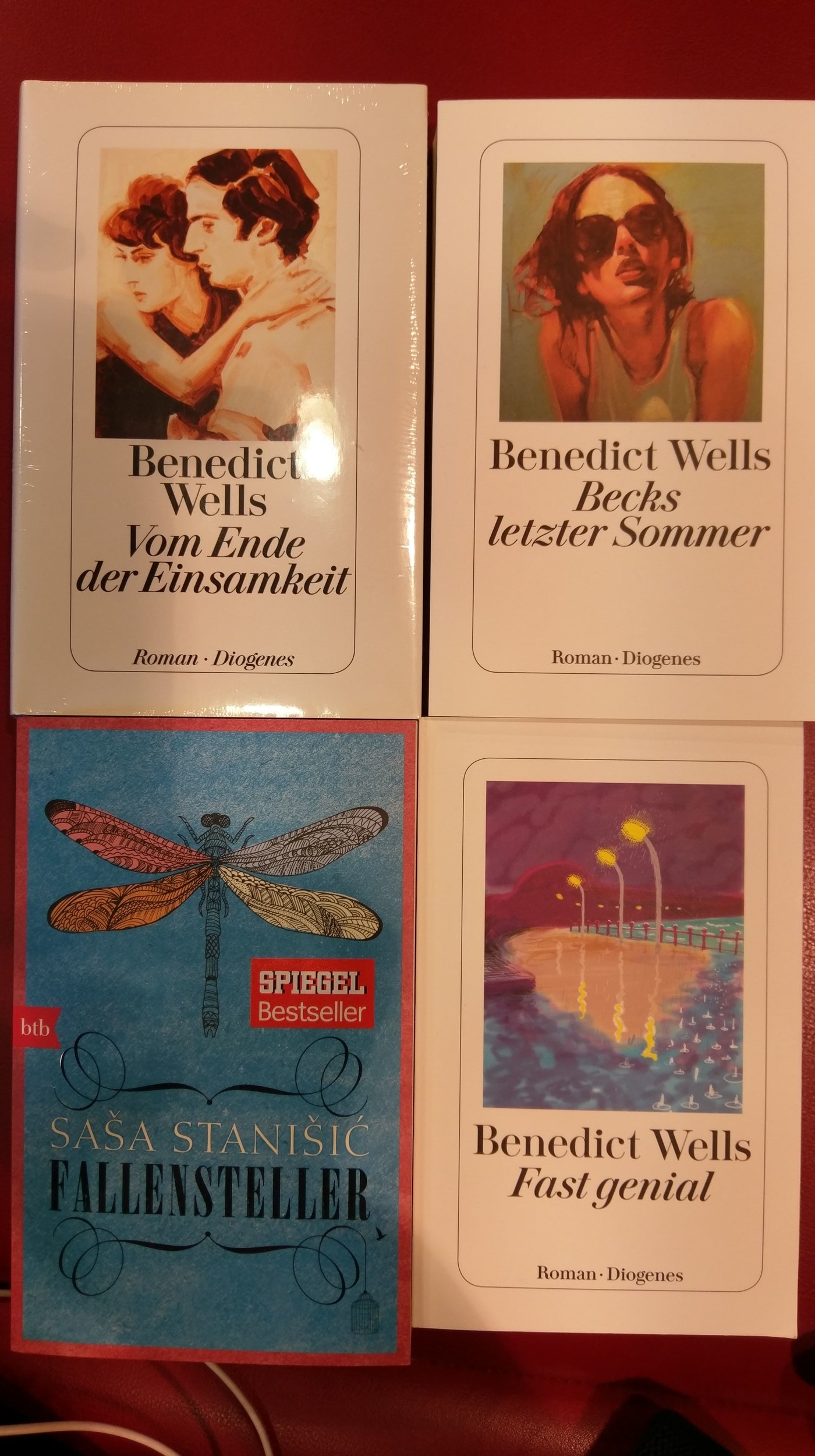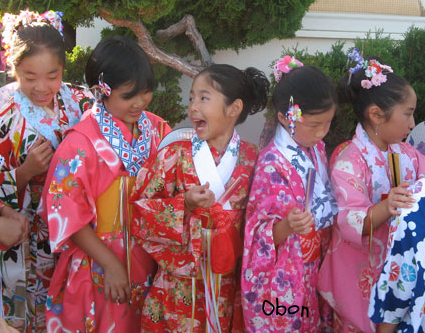Vor einigen Wochen hat eine Freundin mich inspiriert, mich im Buchladen nach neuen Autoren Ausschau zu halten. In Stuttgarts Wittwer am Schloßplatz hat ein bemühter Herr Deihms mir mit meinem Ansinnen geholfen.
Der freundliche Verkäufer hat zunächst 4 Romane für mich von jungen Autoren ausgewählt, 2 Männer, 2 Frauen, allesamt Ich-Erzähler. (Nebenbei bemerkt: 2 Nachkommen berühmter Autoren des späten 20. Jhds.) Am Besten gefällt mir Axel Ranisch, auch wenn das Buch wie ein Abklatsch von Herrndorfs Tschick anfängt. Frisch, jung, aber nicht dumm. Simon Strauss' (Sohn von Botho) Buch handelt von den 7 Todsünden. (Was war das noch einmal... ?) Seine Sprache trägt Krawatte. Nix für mich. Die Sprache von Fricke und Enzensberger finde ich 'gewollt flott'. Eine Road Geschichte 2er Deutschen (Thelma and Louise reboot) und eine 'Roman-Biografie' einer jungen Bauhaus Studentin. Beide spannende Projekte, dennoch ist für meinen Geschmack die Sprache zu konventionell, die Fricke bisweilen geschwätzig.
Jetzt bringt mir der Verkäufer 4 weiteren Bücher. Stanisic: frische, anspruchsvolle Sprache mit Witz, geheimnisvoll, mehrdeutig, tiefgründig. Mein Hit!
3x Benedict Wells: 1) Becks letzter Sommer. Allein die Struktur hat Aussagekraft: siehe Fotos unten. Ich möchte weiter lesen. 2) Fast genial. Ein amerikanischer Road Story geschrieben von einem deutschen--nach meinem eigenen Road Girl kann ich mir nicht antun. 3) Vom Ende der Einsamkeit. "Ein Familien Roman" sagte der Verkäufer. Wird gejubelt. Eine Geschichte über eine schwierige Kindheit. Ein Ich Erzähler. Ich blättere, bin müde, finde nichts in den Seiten, das mich anspricht.


Und während ich in die U-Bahn nach Hause stieg, hat mich die neue Migräne geschlagen...










